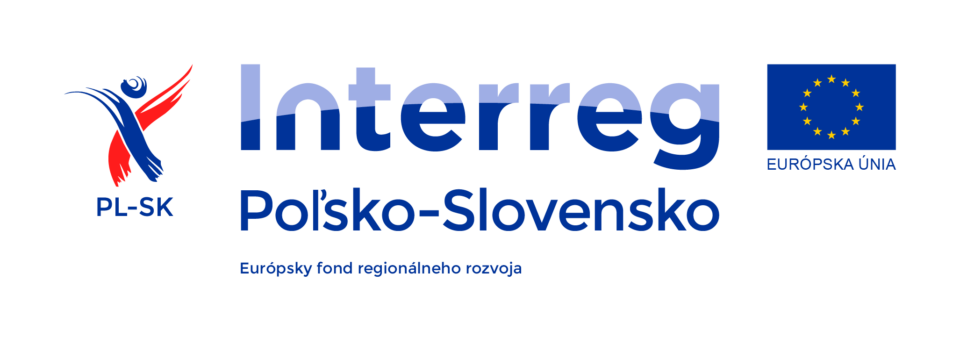Program: Interreg V-A PL – SK, Micro Project Fund
Lead partner: EGTC TRITIA
Partners: Without partners
Schedule: 6/2019-9/2020
Budget:
Total: 57 266,34 €
Fund: 85%
EGTC TRITIA: 10%
State budget 5%
Project description: The aim of the project is to prepare employees of culture/national and natural heritage staff to implement specialized tools for working with seniors and people with disabilities, which will contribute to the protection, development and promotion of cultural/natural values in the cross-border area. The indirect goal of the project is to make cultural, tourist and natural places available to people aged 60+, including those struggling with health dysfunctions. The method to achieve this goal will be: a) specialized training, space audit workshops combined with a seminar – preparing employees of culture/tourism staff, guides to create a cultural offer appropriately adapted to recipients aged 60+; b) workshops for seniors integrating seniors with PL and SK, promoting national heritage resources of the cross-border area and conscious use of them, building a common identity of participants; c) a publication promoting the accessibility of places of culture for people with disabilities, as well as culture as a tool for working with people at risk of social exclusion. These activities will enable the transfer of good national and international practices, the Polish-Slovak border area, the joint development and implementation of standards and guidelines increasing access to cultural goods and the promotion of culture as a tool for working with people at risk of social exclusion.
Implementation:
Training schedule
I: Art therapy at work with people aged 60+
II: Working with people struggling with dementia
III. Analogue and digital – promotion and information without barriers
IV. Working with blind and visually impaired people
V. Education and activation of seniors
VI. Designing with a 60+ perspective, with particular emphasis on cultural and natural heritage objects
In addition to training, the project included accessibility audit workshops combined with a specialist seminar at the Castle Museum in Pszczyna and a series of international workshops for seniors, inspired by the culture of the Polish-Slovak borderland.

